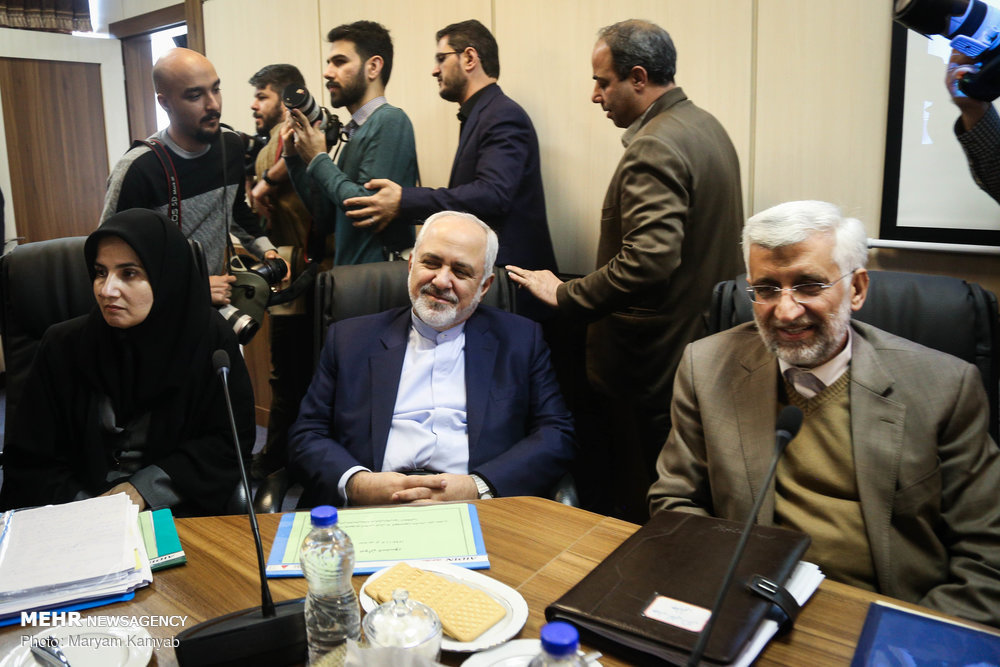Expediency Council to decide on Palermo Convention in next session

TEHRAN – The Expediency Council on Saturday decided to discuss the issue of Iran’s accession to the Palermo Convention in the next session.
“Given that the Palermo Convention is an important legal issue and all the members are supposed to talk about it, we set the next session to further discuss the issue,” Majid Ansari, a member of the Expediency Council, told IRNA.
He noted that the Palermo Convention has various political, economic, legal and security aspects which were discussed in Saturday’s session.
The session was chaired by Ayatollah Sadeq Amoli Larijani, the new chairman of the council.
Foreign Minister Mohammad Javad Zarif, central bank governor Abdolnasser Hemmati, and Majlis Speaker Ali Larijani also attended the meeting.
The United Nations Convention against Transnational Organized Crime (UNTOC), which is also called the Palermo Convention, is a 2000 United Nations-sponsored multilateral treaty against transnational organized crime.
The CFT (the convention combatting financing of terrorism) and Palermo Convention are prelude to join the FATF (Financial Action Task Force).
MP says Shamkhani not favoring CFT
An MP has claimed that Supreme National Security Council secretary Ali Shamkhani in a closed session of the parliament has clearly said that joining the CFT is not beneficial to Iran.
“Mr. Shamkhani said clearly in the session that from the Supreme National Security Council’s view the CFT is not beneficial for the country, however, if the Expediency Council approved it we will respect it,” Abolfazl Hasanbeigi told the Mehr news agency.
The lawmaker added, “We are waiting for the Expediency Council’s view and will respect it.”
However, Mohammad Rezaz Nobakht, a close associate to President Rouhani who heads the Budget and Planning Organization, has said the Supreme National Security Council favors FATF.
On January 21, the Iranian Parliament (Majlis) sent the CFT bill, which the Guardian Council says there is still 19 faults with it, to the Expediency Council for final decision.
On October 7, 2018, the parliament voted in favor of the CFT. At the time, a total of 143 lawmakers out of 268 ones present in the parliament voted in favor of the bill. However, the oversight Guardian Council rejected the bill by finding 22 faults with it.
Majlis National Security and Foreign Policy Committee Chairman Heshmatollah Falahatpisheh told reporters on January 20 that three of the faults have been corrected.
To become a law, the Guardian Council should vet the bill for compliance with the Constitution.
According to the constitution, in cases when the parliament and the Guardian Council disagree on a bill the issue is referred to the Expediency Council for final arbitration.
NA/PA
Leave a Comment